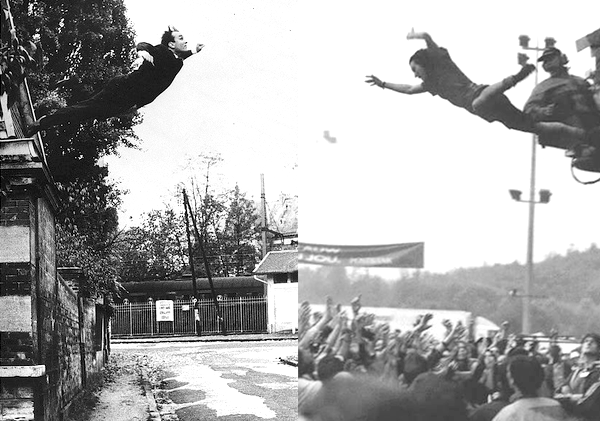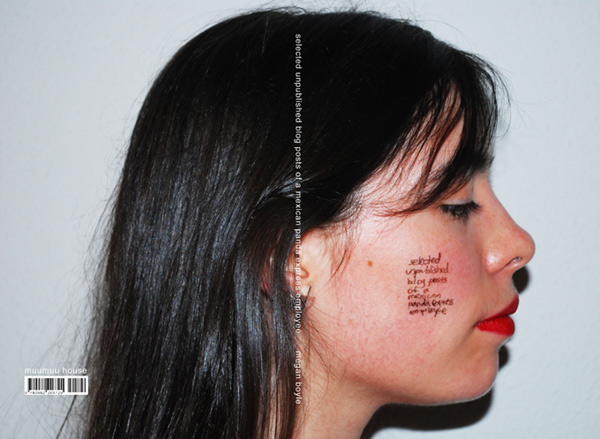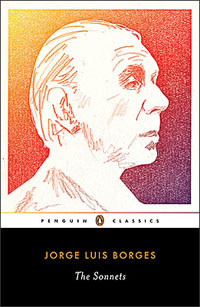A void

In 1960, Yves Klein set a tarpaulin on the street, leapt off a building onto it, later altered the photograph to make it all seem cooler, and called it “Le Saut dans le Vide (Leap into the Void).” No one expects the artist to have hurt himself in the making of said image, so we’ll give him the haha-ok nod. Of his other works, my favorite, is “Le Vide (The Void)” (1958) in which he showed an empty display case in an empty gallery in order to present nothing; of course, somewhat unfortunately, the presence of the display case in itself was necessary in invoking the theoretical absence of what might have been there. On the opening night, 3000 classy Parisians waited in line outside waiting to be let into the empty room. Some 30 years later, a then-disgruntled singer of a rather popular grunge band leapt off a stage set into his fans, lending an Olympic component to the “stage dive.” The fans braced the imminent collision with extended hands, together in a mutual crowd wave which I’ve always found endearing. To carry your fallen hero back to the alter is well worth the ticket, and chance of a sprained wrist. If the acceleration of gravity is godless physics, then the assumption that your fans will catch you is faith in one’s art. For your own personal Klein painting, this contributor encourages you to google map any of our vast oceans (zoomed in, satellite view); or, in his avoidance of work, this.
I’m sure I’ll regret asking, but I’m curious as to what people think/thought of the idea of the Occupy Wall Street Library?
Megan Boyle’s Selected Unpublished Blog Posts of a Mexican Panda Express Employee out today

Officially released today from Muumuu House, $12.
Beautiful logics, awkward brains, fun sentences, fresh new shitt!
TYRANT 9 PRE-ORDER/POST-OP

A year’s passed since the last issue of the Tyrant came out. That’s fucked up. This is unacceptable for a magazine that is supposed to be a bi-, or even tri-, quarterly, and my sole excuse is that I don’t have an excuse. I want to blame it all on Luke (co-editor, friend, part-time lover) in full, for moving to Texas, but I won’t, because I really can’t. Whatever took it so long (and come on, who noticed or really cares that much?), to try to make up for the time you’ve had to wait, I thought I would expose/humiliate/shame myself for you all to have a good cringe or laugh at. Hopefully maybe both. My idea for the cover was to have me in drag on it because I thought it would be really like, self-absorbed-seeming. I wanted to try to get ultra-vanity press on it, even though that doesn’t even mean that.
I’ve always thought drag queens were exceptionally brave people, but personally, I’ve never been “into” wearing women’s clothes or looking like a woman. However, I have done it twice in the past year so who knows what’s up with that. Drag is such an odd experience. For me, it was strangely intoxicating. While I was dressed up, and even for a couple of hours after, I felt like I’d been drugged, but in a good way. Probably best we don’t get into all that here though. READ MORE >
Sonnets From a Vague Suburb
 The Sonnets
The Sonnets
by Jorge Luis Borges
edited by Stephen Kessler
Penguin Books, 2010
336 pages / $18 Buy from Penguin Books, Buy from Amazon
Although justly famous in this country for his short fiction, Borges the poet remains largely unknown to American readers. This dual-language collection of his sonnets can go a long way towards remedying that deficiency. From his early atmospheric verse in Fervor de Buenos Aires, to his late poems of aging, nostalgia and death, written in the penumbra of near total blindness, Borges left behind a remarkable body of poetic work. We are still waiting for the complete works of Borges to be translated into English, but meanwhile, translator and editor, Stephen Kessler, has collected all of Borges’ sonnets into a single volume. Most of these were written when Borges was on his way to total blindness. The sonnet as a form called out to him in its succinctness and melody. Like oral poets of old, he found formal devices aided his memory, and so he composed sonnets in his head. The content of the poems is eminently recognizable to readers of his prose: the evocativeness of run-down suburbs, dusk, the gaucho, the warrior, the labyrinths of reason, the mysteries of time, identity, and mirrors.
November 14th, 2011 / 12:00 pm

